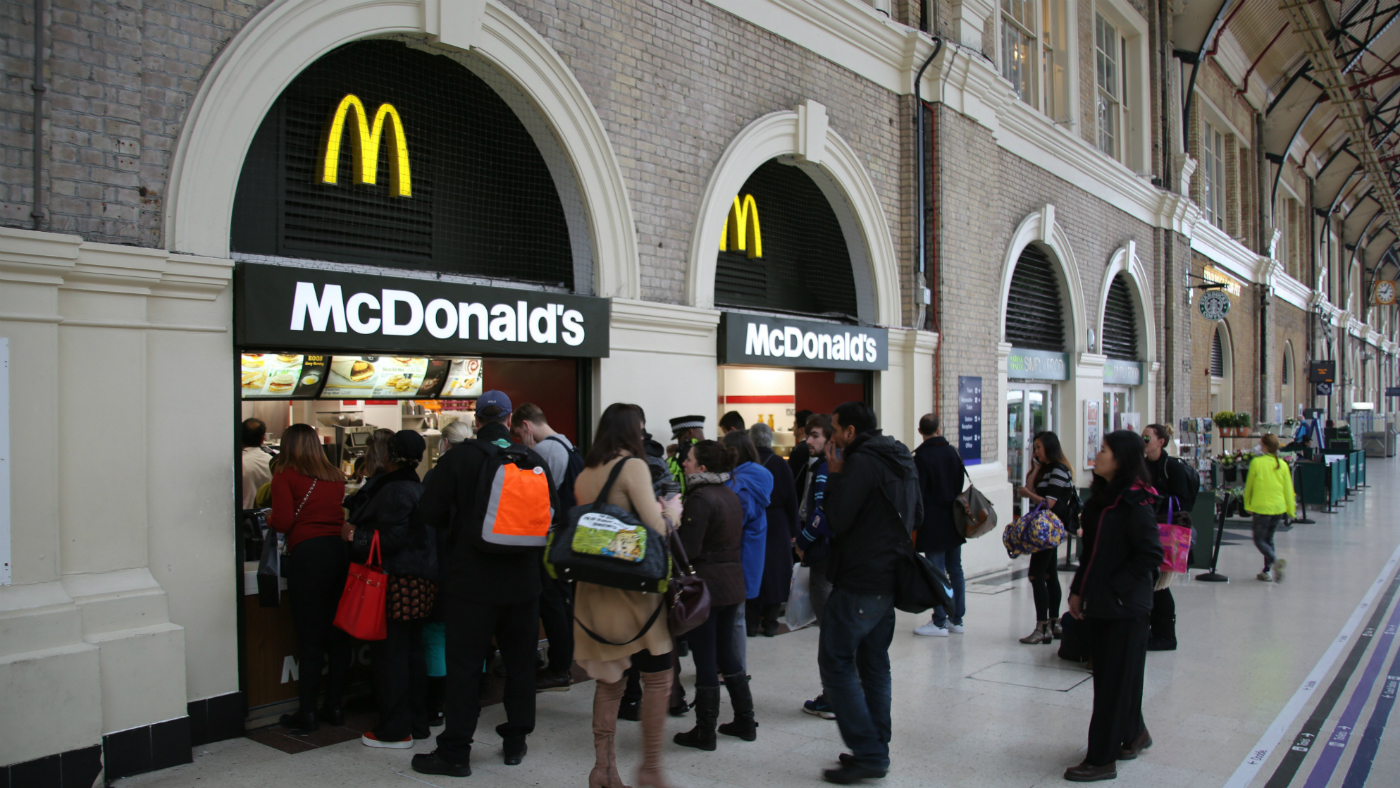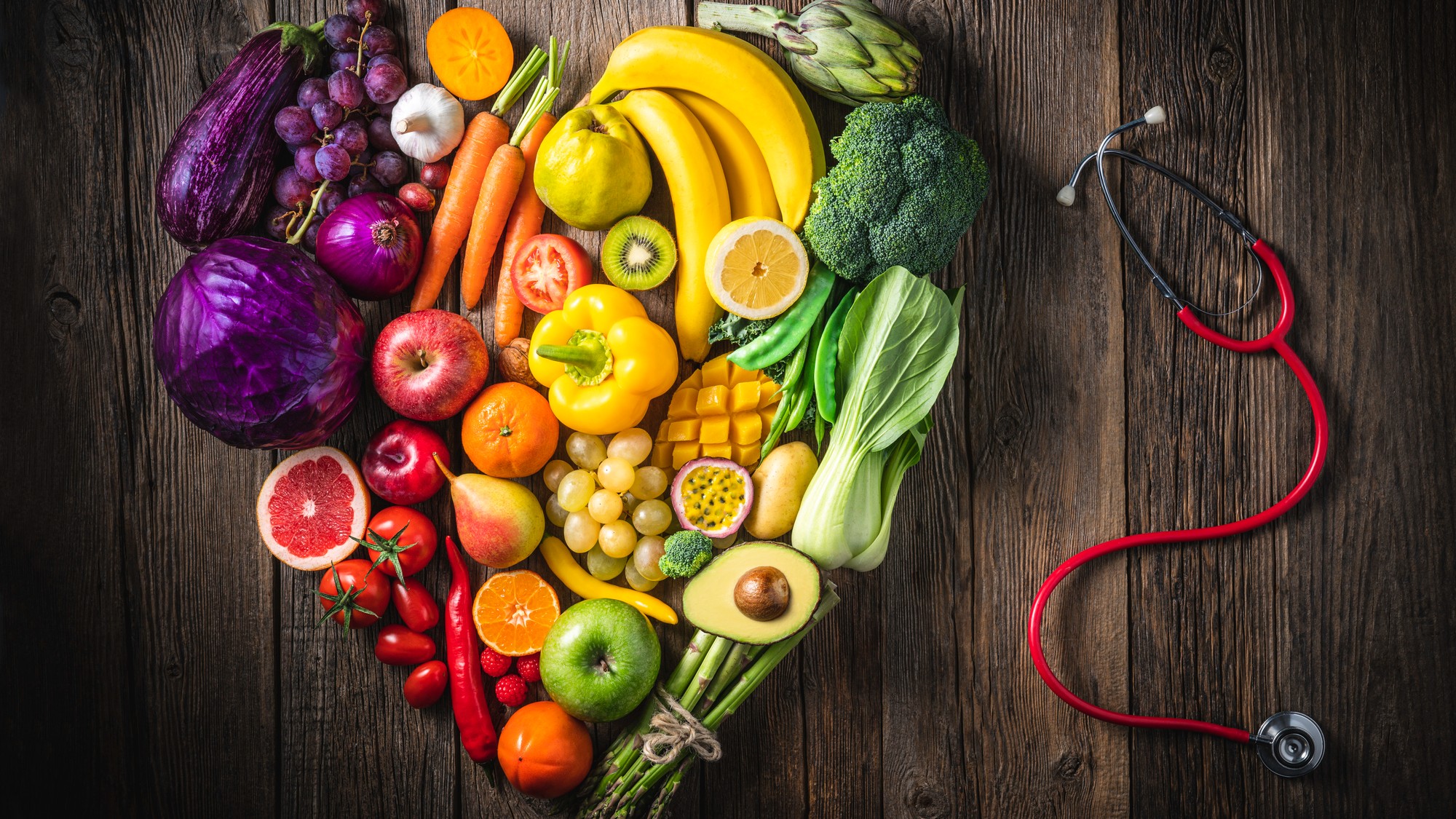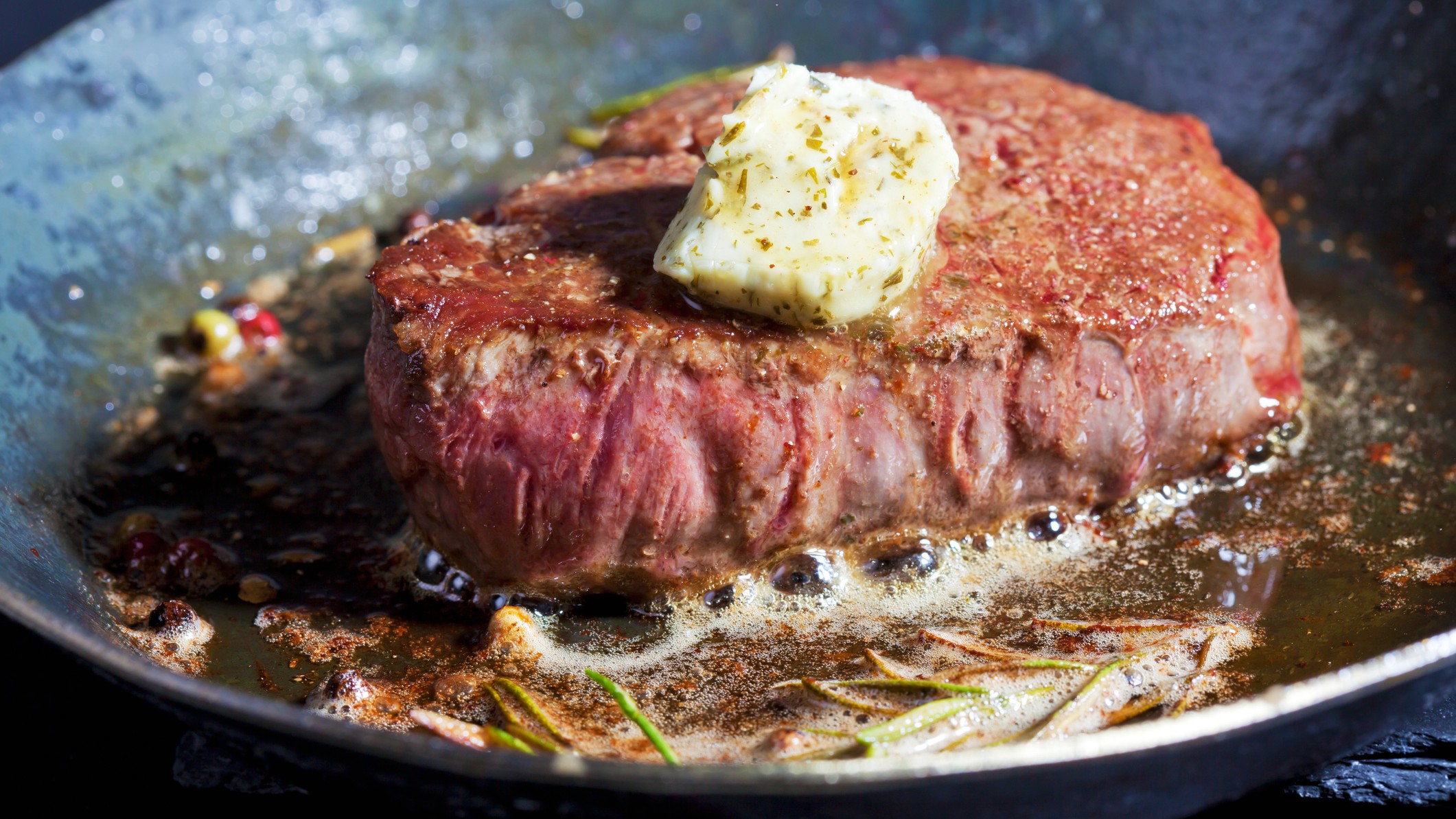Restaurant meals ‘more calorific’ than fast food
Average main dish at UK’s sit-down dining chains contains more than 1,000 calories

A free daily email with the biggest news stories of the day – and the best features from TheWeek.com
You are now subscribed
Your newsletter sign-up was successful
Meals from the likes of McDonald’s are often less calorific than meals purchased at sit-down restaurants, a new study has found.
Researchers from the University of Liverpool calculated the calories in more than 13,500 meals from 21 fast-food brands and six restaurant chains.
In a paper published in the British Medical Journal (BMJ), the team reveal that the average calorie count for a fast-food meal came in at 751 - almost 300 fewer than in restaurant meals, at an average of 1,033 calories.
The Week
Escape your echo chamber. Get the facts behind the news, plus analysis from multiple perspectives.

Sign up for The Week's Free Newsletters
From our morning news briefing to a weekly Good News Newsletter, get the best of The Week delivered directly to your inbox.
From our morning news briefing to a weekly Good News Newsletter, get the best of The Week delivered directly to your inbox.
Kentucky Fried Chicken (KFC) topped the fast-food list, with an average of 987 calories per meal, while Hungry Horse had the most calorific meals of all the restaurants, at 1,358 calories.
Harvester clocked up 1,166 calories, JD Wetherspoon 1,119, and Nandos 1,019, reports Sky News.
Overall, sit-down restaurants were five times more likely than fast-food outlets to serve up meals containing more than 1,000 calories.
Health experts at Public Health England recommend that meals should not exceed a far more modest total of 600 calories, says the BBC.
A free daily email with the biggest news stories of the day – and the best features from TheWeek.com
The new study concludes: “The energy content of a large number of main meals in major UK restaurant chains is excessive, and only a minority meet public health recommendations.
“Although the poor nutritional quality of fast-food meals has been well documented, the energy content of full-service restaurant meals in the UK tends to be higher and is a cause for concern.”
The researchers also note that their findings almost certainly underestimate the number of calories consumed by diners in restaurants, because they did not factor in drinks, starters, desserts or side orders.
Lead researcher Dr Eric Robinson, a behavioural psychologist, said: “Only one in ten of the meals we surveyed could be considered a healthy number of calories.
“It’s really clear what the food industry need to do - they need to act more responsibly and reduce the number of calories that they’re serving.”
A spokesperson for Hungry Horse said: “We have been working hard to increase the range of lower-calorie options, including recently launching a dedicated Live Well range with dishes under 600 calories, and we are committed to further changes.”
-
 ‘The West needs people’
‘The West needs people’Instant Opinion Opinion, comment and editorials of the day
-
 Filing statuses: What they are and how to choose one for your taxes
Filing statuses: What they are and how to choose one for your taxesThe Explainer Your status will determine how much you pay, plus the tax credits and deductions you can claim
-
 Nan Goldin: The Ballad of Sexual Dependency – an ‘engrossing’ exhibition
Nan Goldin: The Ballad of Sexual Dependency – an ‘engrossing’ exhibitionThe Week Recommends All 126 images from the American photographer’s ‘influential’ photobook have come to the UK for the first time
-
 The truth about vitamin supplements
The truth about vitamin supplementsThe Explainer UK industry worth £559 million but scientific evidence of health benefits is ‘complicated’
-
 The plant-based portfolio diet invests in your heart’s health
The plant-based portfolio diet invests in your heart’s healthThe Explainer Its guidelines are flexible and vegan-friendly
-
 The battle of the weight-loss drugs
The battle of the weight-loss drugsTalking Point Can Novo Nordisk and Eli Lilly regain their former stock market glory? A lot is riding on next year's pills
-
 Orthorexia nervosa: when clean eating goes too far
Orthorexia nervosa: when clean eating goes too farThe Explainer Being healthy is fine, but obsessing over it is dangerous
-
 A happy gut is a healthy gut. These 5 tips aim to help you achieve that goal.
A happy gut is a healthy gut. These 5 tips aim to help you achieve that goal.The Week Recommends A healthy gut is all the rage in wellness circles
-
 China's soaring dementia rates
China's soaring dementia ratesUnder The Radar Government launches action plan after cases in China increase 50% faster than global average
-
 Carnivore diet: why people are eating only meat
Carnivore diet: why people are eating only meatThe Explainer 'Meatfluencers' are taking social media by storm but experts warn meat-only diets have health consequences
-
 Why are people microdosing Ozempic?
Why are people microdosing Ozempic?In The Spotlight Tiny doses of the weight-loss drug can sidestep its unpleasant side effects, say influencers. But is customising the dose a good idea?